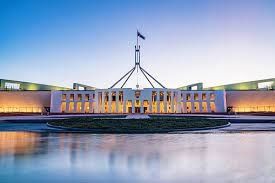For example, Peter owned a painting by a famous artist worth $750 that is a collectible, which was destroyed in a bushfire. The insurance payout for this painting will be included in his tax return when he works out his capital gain or loss at the end of the year.
However, if an individual’s income-producing assets incur damage, then they will need to determine the proper tax treatment of the payouts or relief payments that they receive and the costs involved in repairing or replacing the assets.
An insurance payout for a property used to produce income will have tax consequences, for example, if you used a part of your home to run a home business or you rented out a room.
The insurance payout amount will be relevant when you work out if you have a capital gain or capital loss to include in your tax return. If you are a small business operator, you may be entitled to small business capital gains tax (CGT)
concessions. If your asset is destroyed, you can roll over the CGT liability.
If you have been working from home and using personal assets to produce income (such as a personal laptop you are repurposing) then determining which tax treatment applies could get complicated. You may have to talk to the ATO or us to clarify the specificities of your situation.









